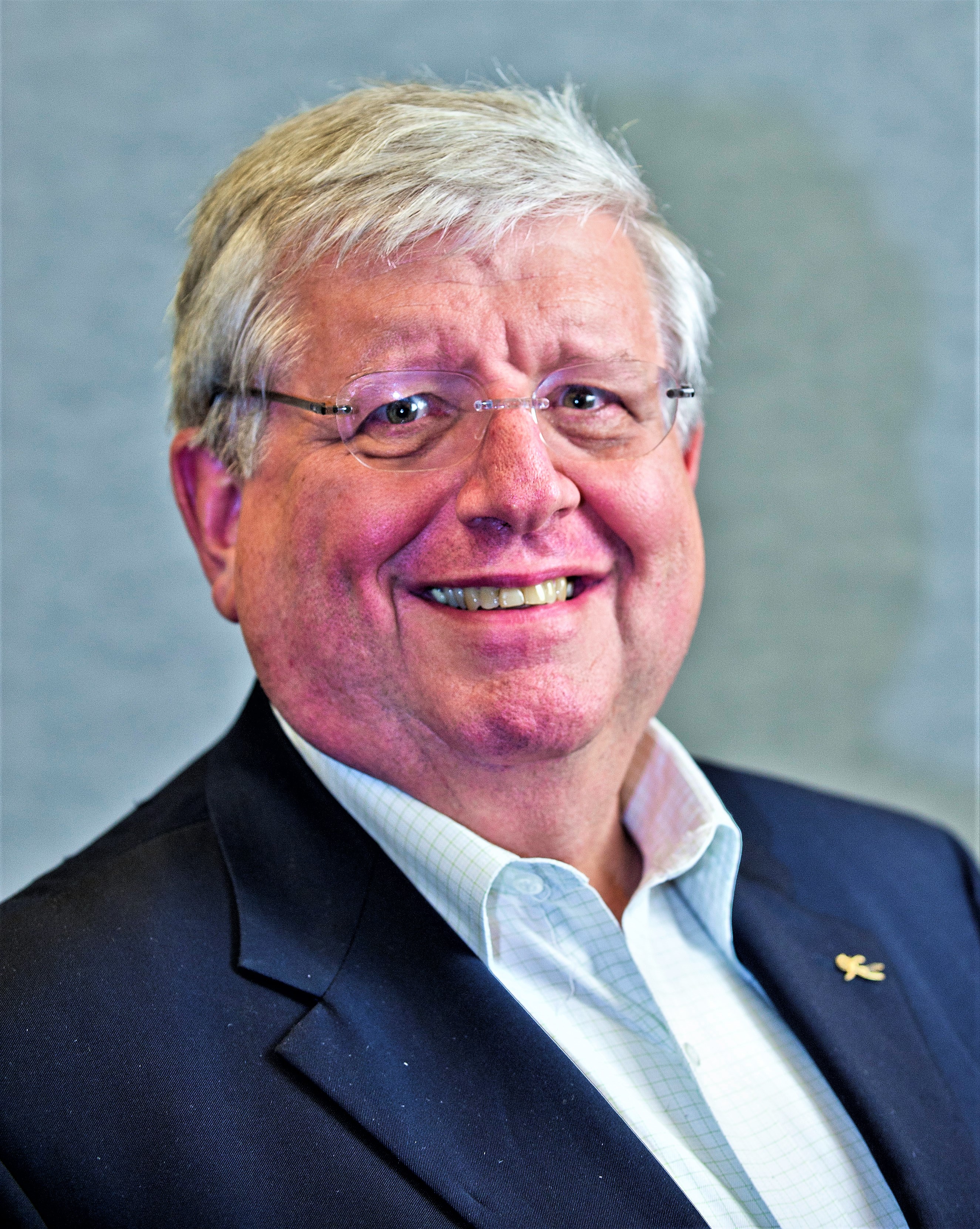Wheeler's Broadband Position Irks Old Cable Friends
LOS ANGELES—FCC Chairman Tom Wheeler’s assertive agenda for an “Open Internet” policy that will “encourage broadband providers to upgrade services for all” fell on resistant ears among the Cable Show audience. Many cable old-timers, who remember Wheeler’s days as president of the National Cable TV Association (as the group was called during his tenure three decades ago), had not expected his tough warning that he will pursue plans that restrict paid prioritization of selected broadband video content.
In his opening remarks at a convention general session, Wheeler insisted that cable operators, as the “principal providers of broadband,” should expect the FCC to look “skeptically at special exceptions” to ’net neutrality standards.He stressed repeatedly, however, that the upcoming FCC examination of new rules—prompted by the recent Circuit Court decision that forced the FCC to review its policy—will keep “all options on the table” and will seek to protect consumers as well as entrepreneurs and innovators.Wheeler also repeated recent comments that he would consider imposing “Title 2” common carrier status on broadband providers, which further upset many in his cable audience here.
Acknowledging his background in the business, Wheeler insisted that “today’s cable 2.0 industry is different” now that it is a well-established “incumbent” versus his days when cable was “the insurgent.”He outlined his overall agenda as focused on access, security and openness for broadband systems with a special emphasis on promoting competition.Wheeler even suggested that he’ll support municipally owned and operated cable systems, long a bane of many cable companies.
He insisted that the cable industry has an important advantage in broadband now, “technology plus very limited regulation.”
“The only way to maintain that situation is to uphold your responsibilities,” Wheeler said.
He then sat down with current NCTA President and former FCC Chairman Michael Powell. After a cordial greeting of “Mr. Chairman, Mr. Chairman,” Powell turned to questions about the spectrum auction.
Skirting the direct question, Wheeler broadened his response to include the value of unlicensed Wi-Fi as an “opportunity for competition.” He said that “high-speed mobile is ready to become a competitor” and recalled his days as a venture capitalist observing that “the margins on broadband are better than the margins on video.”
That thought was picked up by a CEO panel immediately after the Wheeler segment.
Comcast Chairman and CEO Brian Roberts, in an unusually restrained role, said that technology such as his company’s X1 system is enabling cable to compete better.
“Each company finds a way to embrace [technology] and innovate on it,” he said, emphasizing the growing role of the cloud in service development.
Roberts focused on Wi-Fi, which he called “a huge asset for this industry.”
“The FCC’s new allocation of spectrum” will enable cable operators to expand access to wireless devices either directly or “through another wireless company,” Robert said, suggesting possible alliances with or acquisition of airwaves providers. He offered no details.
Get the TV Tech Newsletter
The professional video industry's #1 source for news, trends and product and tech information. Sign up below.
Gary Arlen, a contributor to Broadcasting & Cable, NextTV and TV Tech, is known for his visionary insights into the convergence of media + telecom + content + technology. His perspectives on public/tech policy, marketing and audience measurement have added to the value of his research and analyses of emerging interactive and broadband services. Gary was founder/editor/publisher of Interactivity Report, TeleServices Report and other influential newsletters; he was the long-time “curmudgeon” columnist for Multichannel News as well as a regular contributor to AdMap, Washington Technology and Telecommunications Reports; Gary writes regularly about trends and media/marketing for the Consumer Technology Association's i3 magazine plus several blogs.

